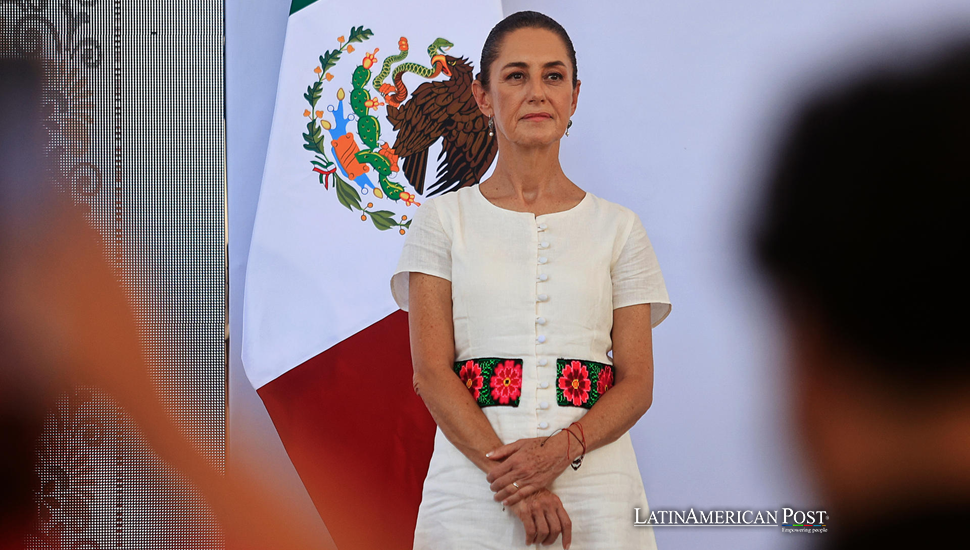


As Mexico embarks on a new chapter under President Claudia Sheinbaum, significant foreign investment is flowing into the country, particularly from China. BAI Capital, led by Annabelle Yu Long, has identified Mexico as a crucial investment frontier amid escalating US-China tensions. The firm recently organized a nine-day trip for 20 entrepreneurs to Mexico, coinciding with Sheinbaum's inauguration, highlighting the growing interest in the region. Sheinbaum, who won nearly 60% of the vote, is the first female president of Mexico and is poised to implement policies that could further attract foreign investment. [98313f6d]
In 2023, Mexico's foreign direct investment (FDI) reached USD 36.06 billion, signaling robust economic activity. BAI Capital's portfolio in Mexico includes notable investments such as Stori, a fintech unicorn, and the firm plans to launch Mstar, an automotive finance company, further diversifying its interests in the country. This influx of capital comes at a time when the Mexican economy is navigating challenges, including a significant budget deficit and the need for sustainable growth strategies. [98313f6d]
In a significant move to bolster economic growth, Sheinbaum announced a nearshoring incentive package worth 30 billion pesos (approximately USD 1.4 billion) on January 26, 2025. This initiative aims to strengthen Mexico's role in North America's supply chains by encouraging companies to invest in new fixed assets. Of the total package, 28.5 billion pesos will be allocated to these investments, while 1.5 billion pesos will focus on training and innovation. The funding guidelines are expected to be published within two months, with the program available until September 30, 2030. [caf20a54]
Rogelio Ramírez de la O, Mexico's Secretary of Finance, emphasized that replacing just 10% of North America's imports from China could boost GDP by 1.2% in Mexico, 0.8% in the U.S., and 0.2% in Canada. This nearshoring initiative is part of Plan México, a broader economic strategy that differs from previous approaches by allowing both foreign and domestic companies to apply for funding across various sectors. [caf20a54]
Sheinbaum's administration is also considering the imposition of tariffs on Chinese e-commerce imports to protect local industries and generate revenue, a move that could complicate relations with Chinese investors. The proposed tariffs are part of a broader economic strategy aimed at addressing the $100 billion debt of Pemex and the country's largest budget deficit in over 30 years. [5a065a8a]
As of February 1, 2025, negotiations between Sheinbaum and former President Donald Trump are gaining attention. Travis Bembenek, CEO of Mexico News Daily, notes that while Trump has not officially announced any tariffs, his demands are likely to shape the negotiation dynamics. These include curbing migrant flows, cracking down on cartels, receiving deported nationals, limiting Chinese investment, and stopping Chinese vehicle imports. Bembenek predicts that Mexico will make significant progress in these areas, with potential tariffs being targeted and short-term. Cooperation between the two countries is expected to increase, especially given that the U.S. economy is 15 times larger than Mexico's and that Mexico exports nearly 80% of its goods to the U.S. [6b4dc321]
The potential return of Trump to the political scene could further impact Mexico's economy, particularly in areas such as immigration and manufacturing. As Sheinbaum navigates these complexities, her administration's policies will be critical in shaping the future of foreign investment in Mexico. [98313f6d]
With a recent 20% increase in Mexico's minimum wage in 2024, the government is also focusing on improving living standards while fostering an environment conducive to business growth. The interplay between domestic policies and international investment will be pivotal as Mexico positions itself as a key player in the global market. [98313f6d]